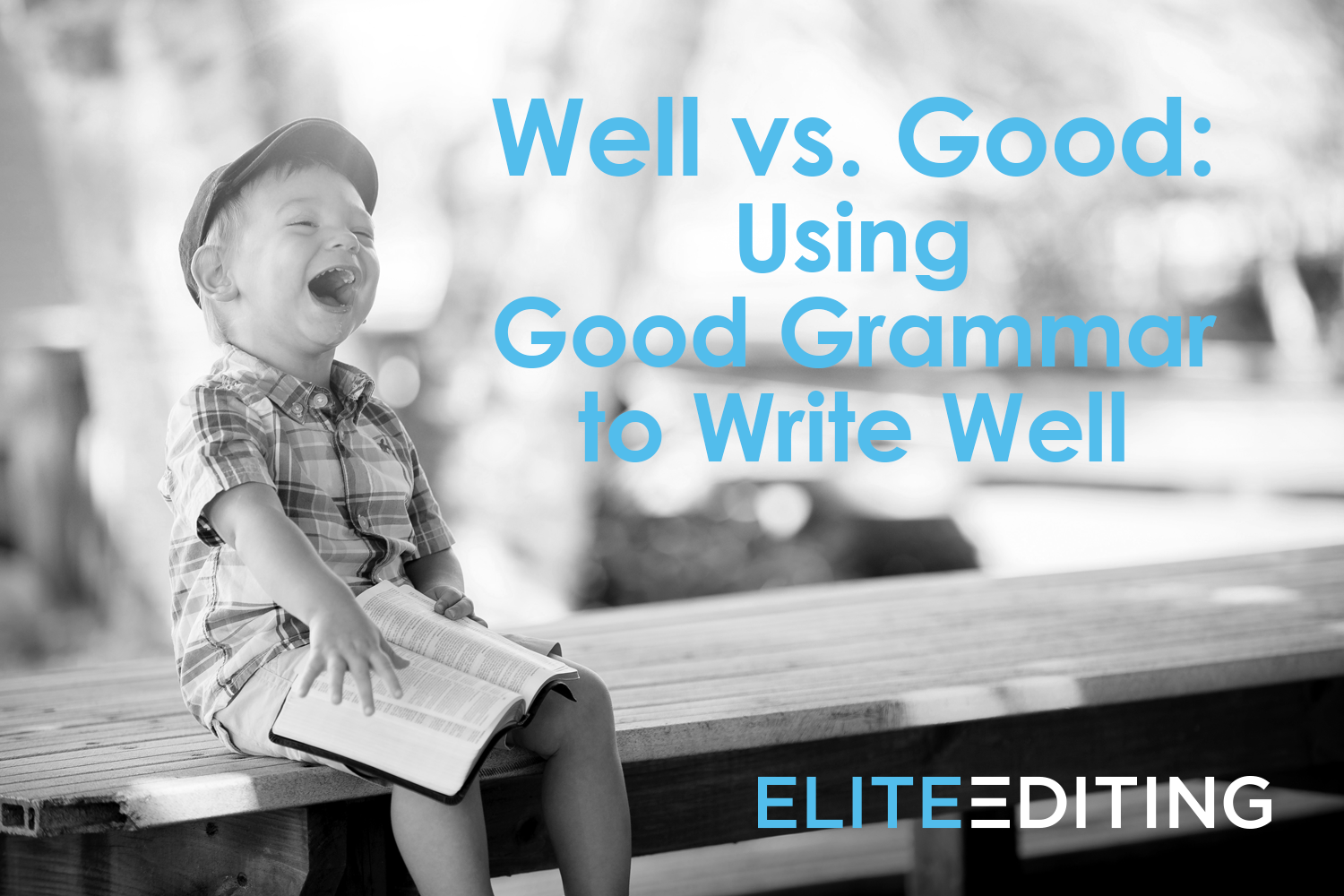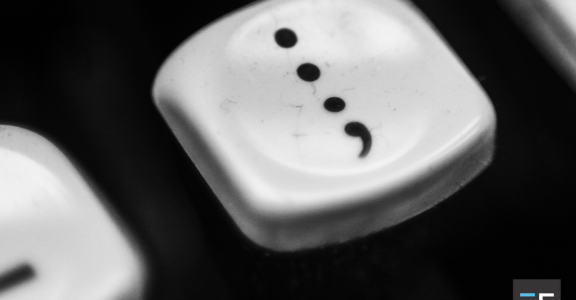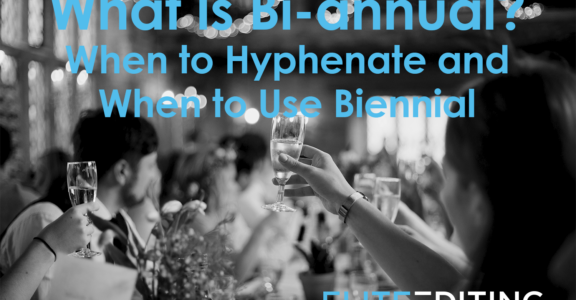
Most people understand the difference between good vs. evil—a trickier subject is the distinction between well vs. good. For two positive words, well and good sure cause a lot of grief. How does one use good well, and what is a good way to use well? This quick guide will help you figure out well vs. good once and for all. The main thing to remember is that well is an adverb and good is an adjective, but let’s go a bit further, shall we?
What Do These Words Actually Mean?
First off, it’s a good idea to look closely at the words themselves. As with many words in the English language, both well and good have several meanings. For the sake of this lesson, well is defined as “in a good or proper manner,” and good is defined as “suitable, favorable, or positive.”
Well: An Adverb Used Well
Well is commonly used as an adverb—that is, a word that modifies a verb, adjective, or another adverb. It cannot be used as an adjective by itself, though it can form part of a compound adjective (e.g., “a well-seasoned steak”). Here are some examples:
What does that say? I don’t see well.
It was hot last night; fortunately, my air conditioner works well.
You sang well at karaoke last night.
In each of these examples, the adverb well modifies a verb: see, works, and sang, respectively.
Good: A Good Adjective
Good is most commonly used as an adjective—a word that modifies a noun. Here are some examples:
I found a good apartment downtown.
My German shepherd is a good boy.
The local state park has good hiking trails.
In each of these examples, the adjective good modifies a noun: apartment, boy, and hiking trails, respectively.
Misuses of Good and Well
The difference between good vs. well seems simple, right? To ensure you use these words correctly, it helps to see how they’re used incorrectly.
Incorrect: My computer works good.
Correct: My computer works well.
Incorrect: I slept good last night.
Correct: I slept well last night.
An Exception to the Rule: Linking Verbs
You’ve probably heard people say, “You look good,” or “I’m good.” Based on what you just learned, these may seem incorrect, as good looks like an adverb modifying the verbs look and am. In fact, these are perfectly acceptable. That’s because look and am are, in this context, linking verbs, which don’t convey action, as most verbs do. They connect a subject with an adjective. In other words, good doesn’t modify the verb—instead, it modifies the subject via the linking verb.
You smell good.
This chicken tastes good.
I feel good.
In these examples, the linking verbs (smell, tastes, and feel) connect the subjects (you, this chicken, and I) with the adjective good.
Well = Healthy
Some grammar sticklers still insist on saying “I’m well” rather than “I’m good.” Said sticklers should know that well carries a specifically health-related connotation while good means “positive”—but in a broader sense. For instance, “I’m good” or “You look good” might mean “I’m happy” or “You look attractive,” whereas “I’m well” or “You look well” might mean “I’m healthy” or “You look healthy.” It’s a subtle but important distinction.
It’s All Well and Good
Now that you know all the subtleties of well vs. good, go forth and describe the world in positive terms! If you can do it well, people will think you’re good at grammar.
Resources
https://www.merriam-webster.com/dictionary/well
https://www.merriam-webster.com/dictionary/good
http://www.dictionary.com/e/well-vs-good/
https://www.quickanddirtytips.com/education/grammar/good-versus-well
http://www.write.com/writing-guides/general-writing/word-choice/im-good-versus-im-well/







